Toyotamall.net has been identified as a risky opportunity by Intelligence Commissioner users. It is similar to Tlctrading. We’ve received over 3 complaints against Toyotamall.net.
Toyotamall.net doesn’t actually sell anything; it’s just a place where affiliate memberships can be promoted, which is typical of MLM scams. This lack of openness and rules suggests that theft might be happening. As a way to invest, it pays returns using money from new investors, which is a common feature of Ponzi scams. Toyotamall.net is not legally responsible because it is not regulated, which puts users at great risk.
Get Your Money Back From These Scammers!
[mychargeback-form]
Toyotamall.net causes a lot of worry because it’s not clear who owns it or who runs the company. Alibaba (Singapore), a Chinese registrar, was used to secretly register the domain name for Toyota Mall on March 21, 2024. It’s not clear who is running the business, which is a red flag that people who want to join or invest should think about carefully before doing so.
Toyotamall.net or Toyotamall.vip doesn’t sell any goods or services; it’s just a site that lets affiliates join. Members are supposed to tell others about this membership, but they don’t get any goods or services in return. This is a common feature of multi-level marketing (MLM) schemes.
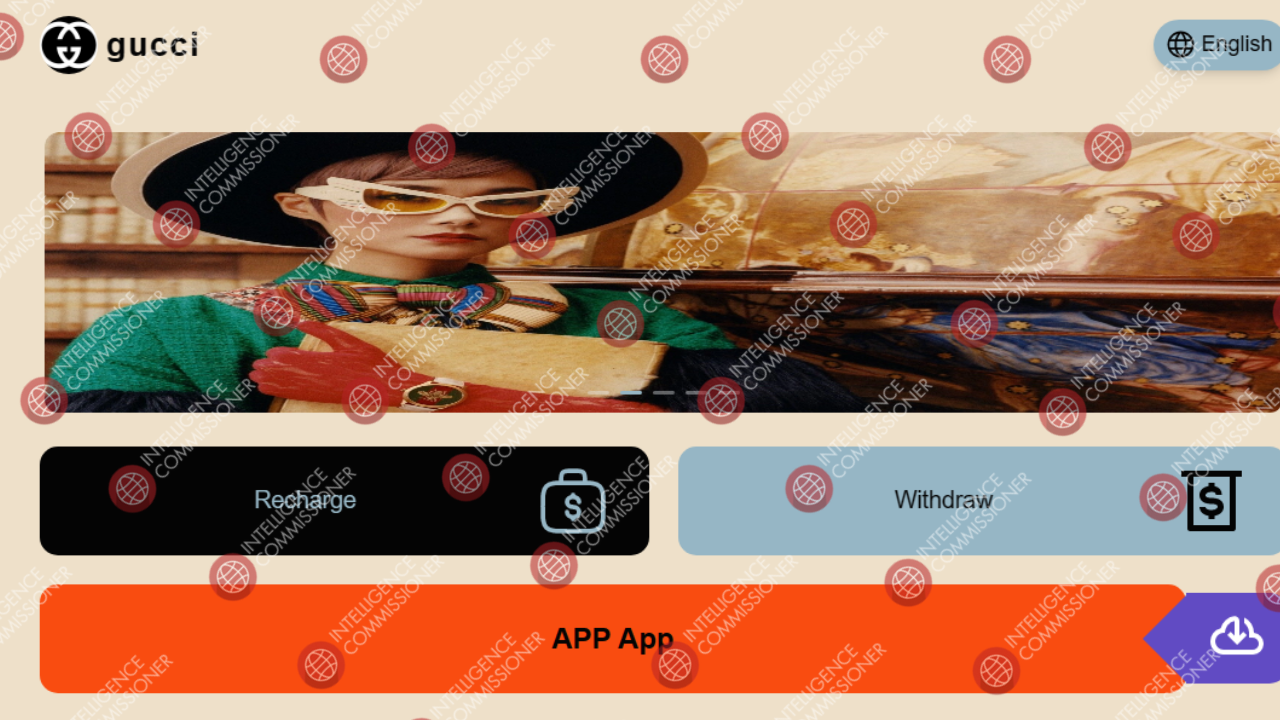
The lack of regulation or the presence of poor regulation is a huge red flag. It means Toyotamall.net is a scam and most likely, an illegal operation.
Companies offering investment services or opportunities without having a license can vanish without leaving a trace. Furthermore, the lack of a regulatory license allows them to get away with it and face no legal consequences.
That’s why it’s vital for you to always check a company’s regulation status as well as its license information. The presence of a license allows consumers to reach out to an authority if something goes wrong.
In the case of Toyotamall.net, victims have nowhere to go due to the absence of a watchdog or license.
You should ask yourself the following questions when you come across a new investment firm or opportunity:
- Does the investment provider maintain transparency about its CEO?
- Do they have a license from a renowned regulatory authority?
- If the need arises, can I reach out to an authority to report this company as a scam?
The way that Toyotamall.net pays people is by investing in tether (USDT) and promising high returns. There are different VIP levels, with returns running from 10 USDT to 49,999 USDT. It is said that these investments will give daily returns that rise disproportionately with the amount invested, which is a common pattern in Ponzi scams.
Additionally, Toyotamall.net provides referral bonuses for quickly bringing in a lot of new members and referral commissions on investments up to three steps deep.

As an affiliate, you can join Toyotamall.net for free, but to fully participate and have the chance to make money, you need to pay at least 10 USDT. This entry barrier is meant to get people to put up money right away, which pays for the returns given to investors who put money in earlier.
However, it’s worth noting that many scammers disable their payment channels before shutting down their operations.
They might give you multiple reasons including:
- A technical error
- A glitch in their system
- Banking issues
- A “hacking attack”
And many others.
But in 9/10 cases, the scammers stop making payments and keep the money to themselves. Hence, the payment methods we discussed here might not work.
If you want to get your money back from a scammer, you’d need to file a chargeback.
When it comes to scammers, you should only measure the quality of their customer service if they respond to your complaint.
In the beginning, scammers tend to remain very accessible.
This means their representatives will keep calling you until you invest with them. Furthermore, they will act friendly and make it seem as if you’re one of their most valuable consumers.
However, they do all this just to win your trust.
Scammers understand that to convince someone to give them a large sum, they will need to seem like a friend.
Nevertheless, when you have invested a considerable amount of money and need to get it back, their customer support will become inaccessible.
All of a sudden, their numbers would either stop responding or become unavailable.
Still, they might remain accessible to convince you to invest further. Also, they might begin by making a few excuses regarding your payment.
However, in the end, customer support won’t resolve your issues and become increasingly unavailable.
If you have information on a scam or criminal operation, you can get access to 40+ investigative journalists & news outlets for free. Send us a detailed report here and if you qualify, we will forward your case ahead.
It’s worth noting that many scammers tend to purchase fake reviews. Buying fake reviews has become extremely easy and it’s a multi-million dollar industry.
Scammers like Toyotamall.net tend to purchase fake reviews for their online profiles to make themselves seem more credible.
TIME Magazine investigated the fake review industry and estimated it to be worth more than $150 million. Certainly, there are a ton of scammers who want to seem legitimate and a bunch of fake reviews is the most effective way to do so.
That’s why you shouldn’t trust Toyotamall.net reviews easily.
It’s easy to identify fake reviews as well. You should look out for 5-star reviews posted by temporary accounts (profiles that only posted 1 or 2 reviews on the platform). Also, you should see if the positive reviews share any detailed information about their experience with the firm or not.
In the case of Toyotamall.net, chances are, you wouldn’t find many legitimate reviews.
Another prominent way scammers like Toyotamall.net enhance their credibility is by burying negative reviews and complaints under a lot of fake reviews.
This way, when you’ll look up “Toyotamall.net reviews”, you might not find many complaints. Or, you might find them buried within numerous reviews praising Toyotamall.net.
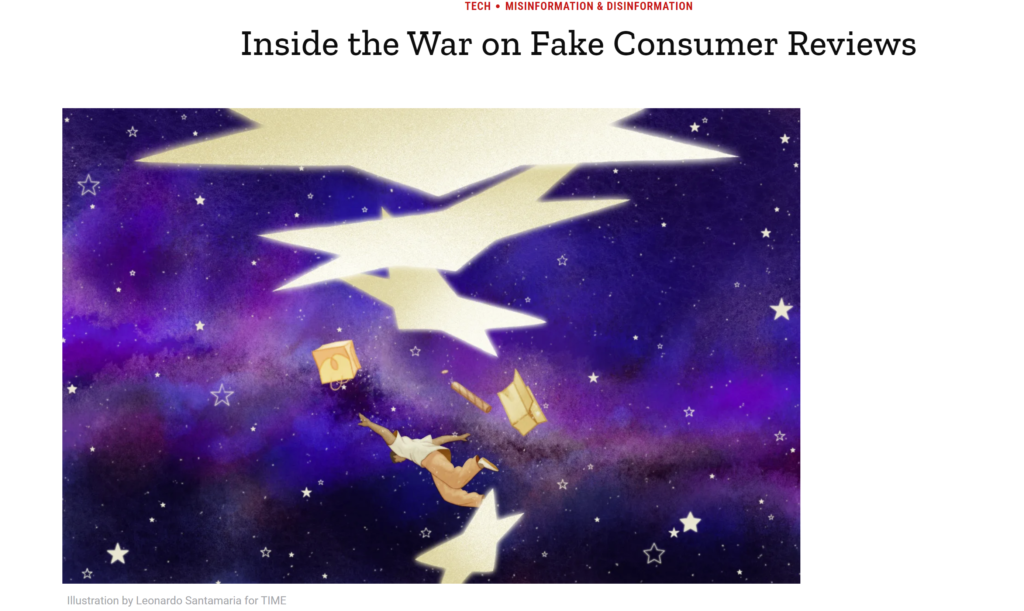
You should always look out for consumer complaints. In the case of Toyotamall.net, the most common complaints I found were about:
- Poor customer support
- Delays in payments
- High fees
- Lack of transparency regarding their leadership team
- Aggressive sales staff
Do you have a similar complaint about Toyotamall.net? You can share your complaint in the comment section or submit an anonymous tip.
Toyotamall.net is a “click a button” app Ponzi scheme that uses the names of well-known companies like Gucci and Toyota without being connected with them in any way. The platform’s only function is for users to log in every day and “click a button” to get their returns.
There is no real economic activity or outside income generation going on. These kinds of plans usually depend on new investments to pay back investors from the past, and they tend to fail when new investments stop coming in.
The Ponzi scheme Toyotamall.net continues a pattern seen in similar scams, which are often run by the same group of con artists. Many of these plans fail, leaving most investors with no money. This shows how risky it is to invest in these kinds of platforms.
Toyotamall.net is an unregulated entity. Although they might fall under the jurisdiction of a watchdog, they don’t have the license to offer financial services to consumers.
The lack of a license means they are not answerable to any regulatory authority. As a result, the people behind Toyotamall.net can run away with your money without any prior notice. It would help if you were extremely cautious when dealing with an unregulated service provider.
The absence of a watchdog also means you cannot report to them to anyone.
Also, due to the absence of specific regulations, there is no provision protecting you from the insolvency of this entity. If they go bankrupt, you won’t be able to do anything about it.
Can You Trust Toyotamall.net?
All the evidence suggests that Toyotamall.net is a scam. If you have lost money to them, there is still a chance you can get it back.
To recover your funds, you’d need to file a chargeback.














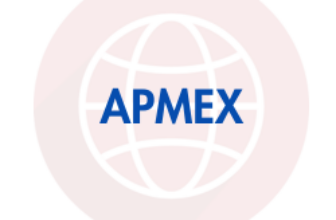
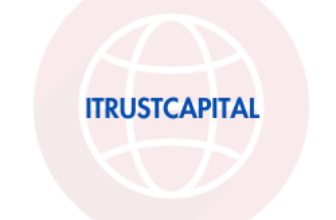

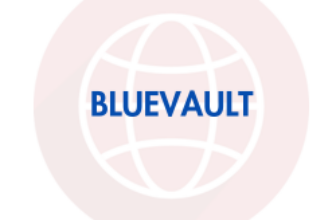
 Intelligence Commissioner investigates & reviews online money-making opportunities. We strive to provide critically helpful information to our readers and assist them in identifying scams.
Intelligence Commissioner investigates & reviews online money-making opportunities. We strive to provide critically helpful information to our readers and assist them in identifying scams.